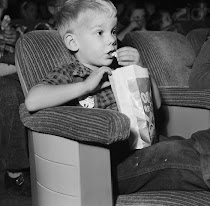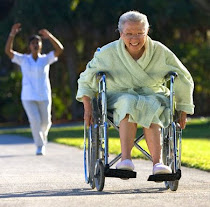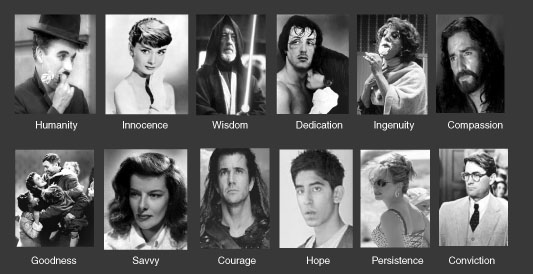One of the clients I work
with is a company that optimizes training for triathletes, particularly
IRONMEN. You know, the guys who swim 2 and a half miles THEN bike 112 miles
THEN top it off with a marathon. These people are no strangers to pain,
breaking down and through barriers, and pushing themselves to the limits. In
fact, they thrive on it.
Whether its navigating through rough open water, scaling a monster hill, or struggling to the finish line after 12-18 hours of physical demands, triathletes know that handling pain is a necessary part of the sport. They also know that it's just as much a mental challenge as it is a physical one and screenwriters could learn a lot about how to overcome the numerous “pains” in their world from these elite athletes who conquer theirs.
FACE THE PAIN
Whether its navigating through rough open water, scaling a monster hill, or struggling to the finish line after 12-18 hours of physical demands, triathletes know that handling pain is a necessary part of the sport. They also know that it's just as much a mental challenge as it is a physical one and screenwriters could learn a lot about how to overcome the numerous “pains” in their world from these elite athletes who conquer theirs.
FACE THE PAIN
To a triathlete, pain is not a foreign term or an ambiguous possibility. It's inherent to and even essential to what is triathlon. Triathletes don't shy away from it. They don't quiver at its arrival. They don't run away when it surfaces. It's just another leg of the race and to be expected. Fatigue, injury, "the wall," and even mental strain is par for the course.
Screenwriters would be wise to take a similar mindset with the "pain" they experience. We all know that rejection, writer's block, unrealistic deadlines, inaccessibility to producers, and self doubt are very realities in our world. Shying away from them or pretending they don't exist is ignorant, foolish, and unproductive.
EMBRACE THE PAIN
The triathlete not only
acknowledges pain, he invites it in for an early morning job. He takes a look
at this monster and probes and analyzes its source, form, and reason for being.
Aches and pain, fatigue, mental trauma are entities that the athlete can look
out for and listen to in order to improve performance. Am I training too hard?
Am I injured? Do I need to push through?
Similarly, the screenwriter can welcome obstacles, distractions, and deferments of his goals and use them to reach levels of excellence he didn't know existed. Am I overwriting? Do I rely too much on the approval of others and fail to write from my gut? Do I need to apply more structure to my work ethic?
RACE THE PAIN
Going beyond simply acknowledgement and
embracing the pain, the true elite athlete learns to take this familiar foe and
use it to reach higher goals. Success, comfort, and ease seldom motivate you to
be your best. It's usually only your foes, heartache, and rejection that force
you to make radical changes in substance and style. Triathletes befriend the
enemy, pain, and ask them to come along for a training session to see what it
can teach them.Similarly, the screenwriter can welcome obstacles, distractions, and deferments of his goals and use them to reach levels of excellence he didn't know existed. Am I overwriting? Do I rely too much on the approval of others and fail to write from my gut? Do I need to apply more structure to my work ethic?
RACE THE PAIN
The screenwriter can do the same. When writer's block, rejection, and closed doors face you, power through them, go beyond yourself, and do whatever it takes to overcome the obstacle. Treat the foe as friend and you'll find the energy and creativity to become as successful as you have the guts to become.
Notice there is no final ERASE THE PAIN stage because, as suggested earlier, pain is a part of the process of both athletic excellence and artistic mastery. One can never defeat the foe, only live with it and learn from it. As three-time Tour de France winner Greg Lemond says, "It never gets easier, you just get faster." Plus, what would be the fun - or fulfillment - of an easy victory? It's the races where you overcame the impossible that you remember years later.
Face the pain, embrace the pain, and race the pain: that's what a triathlete does to become an IRONMAN. Do the same with your screenwriting with equal amounts of guts, fire, and determination and you'll become an IRONPEN - and your life and the world will never be the same.












